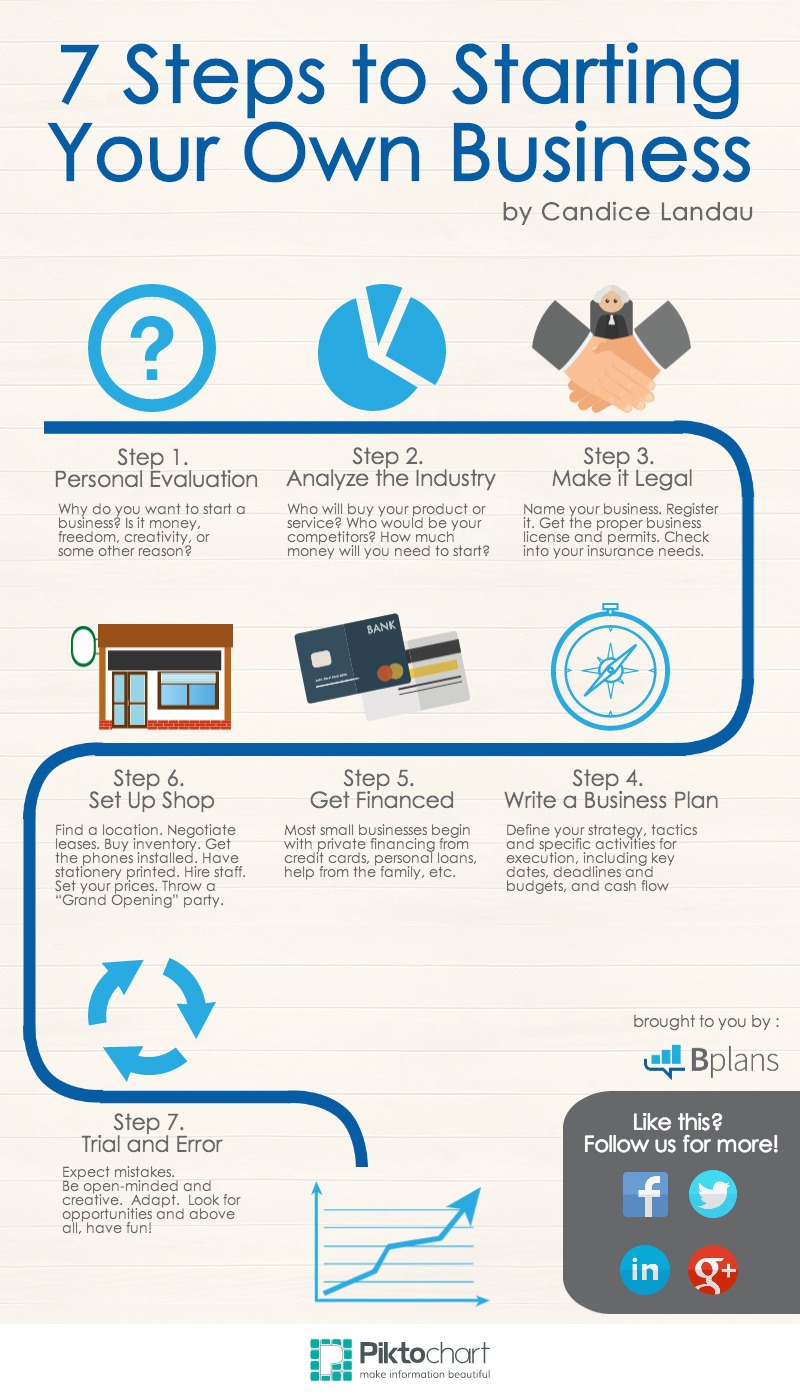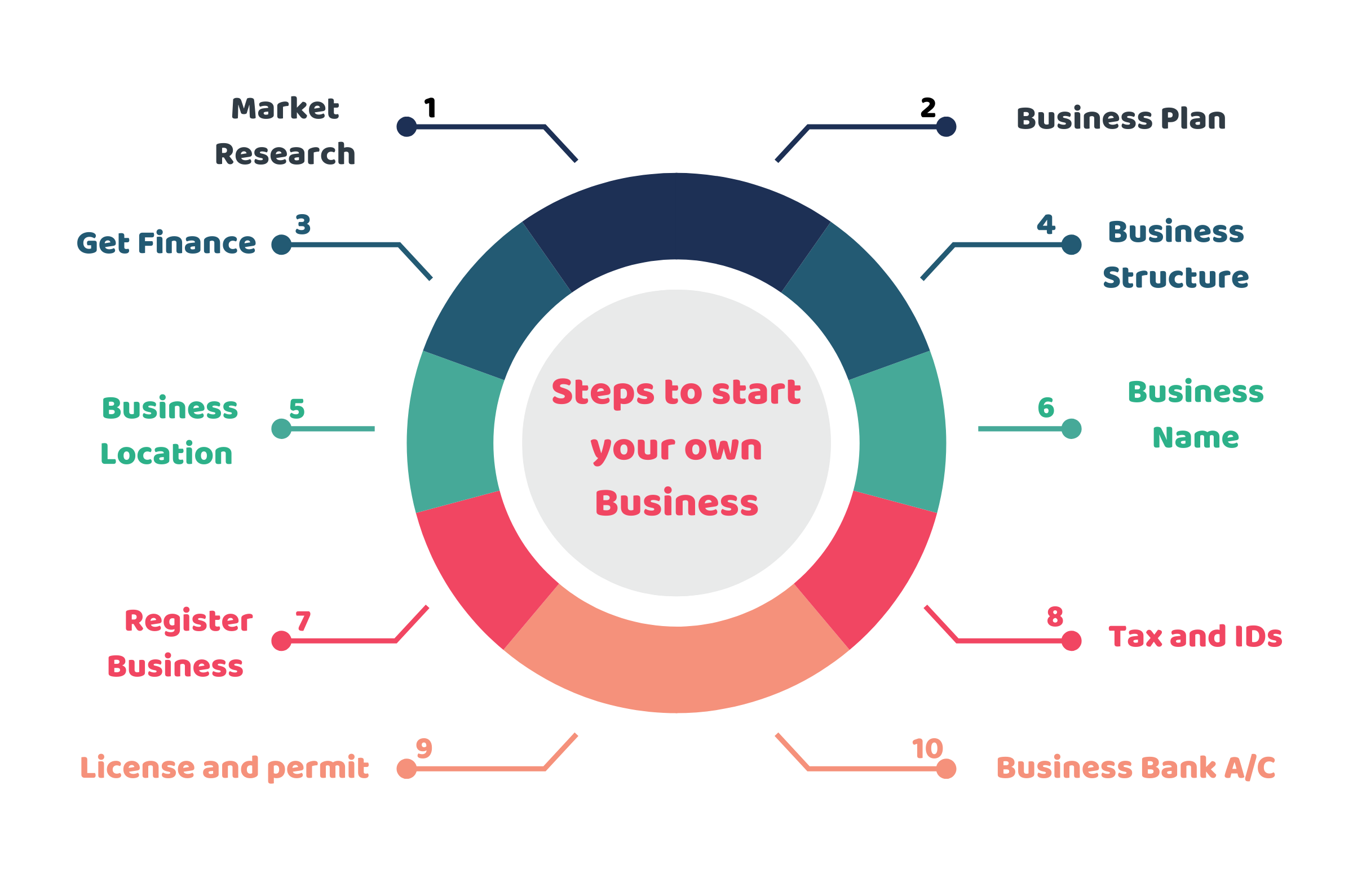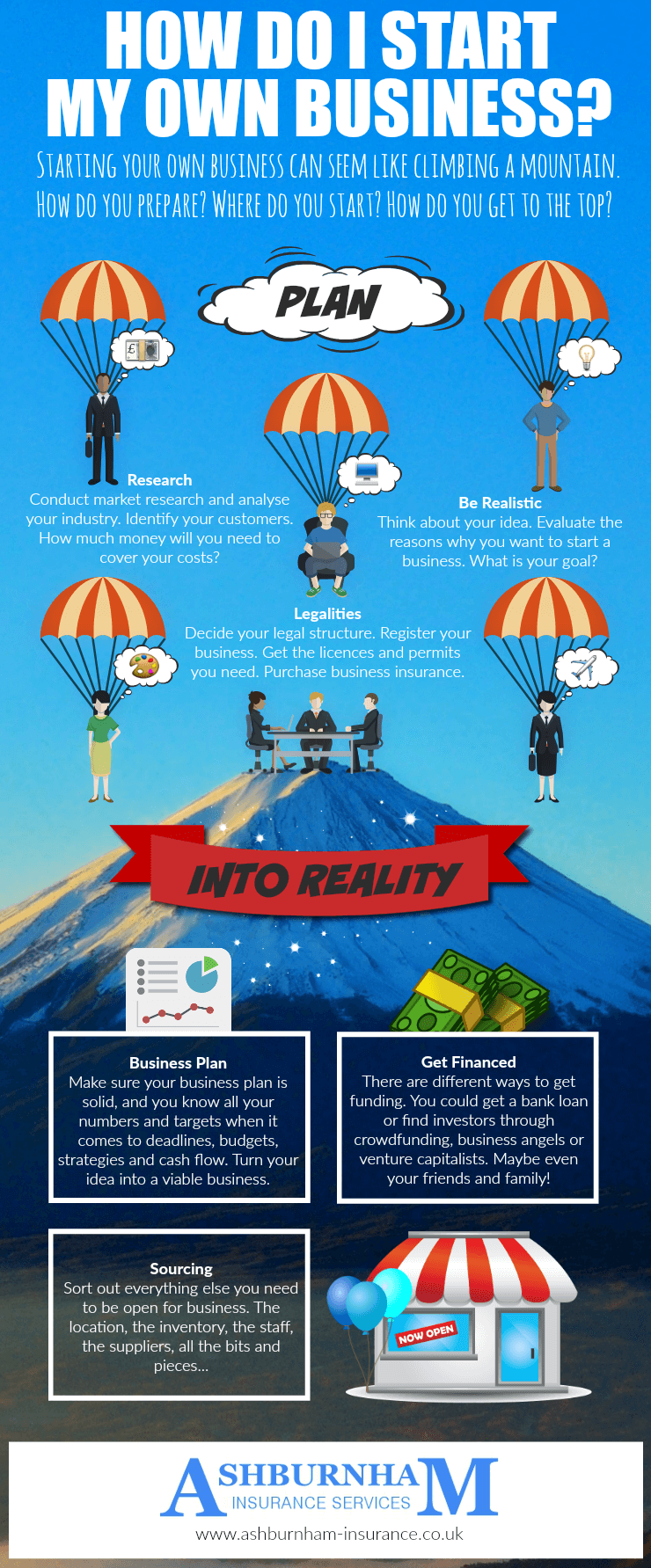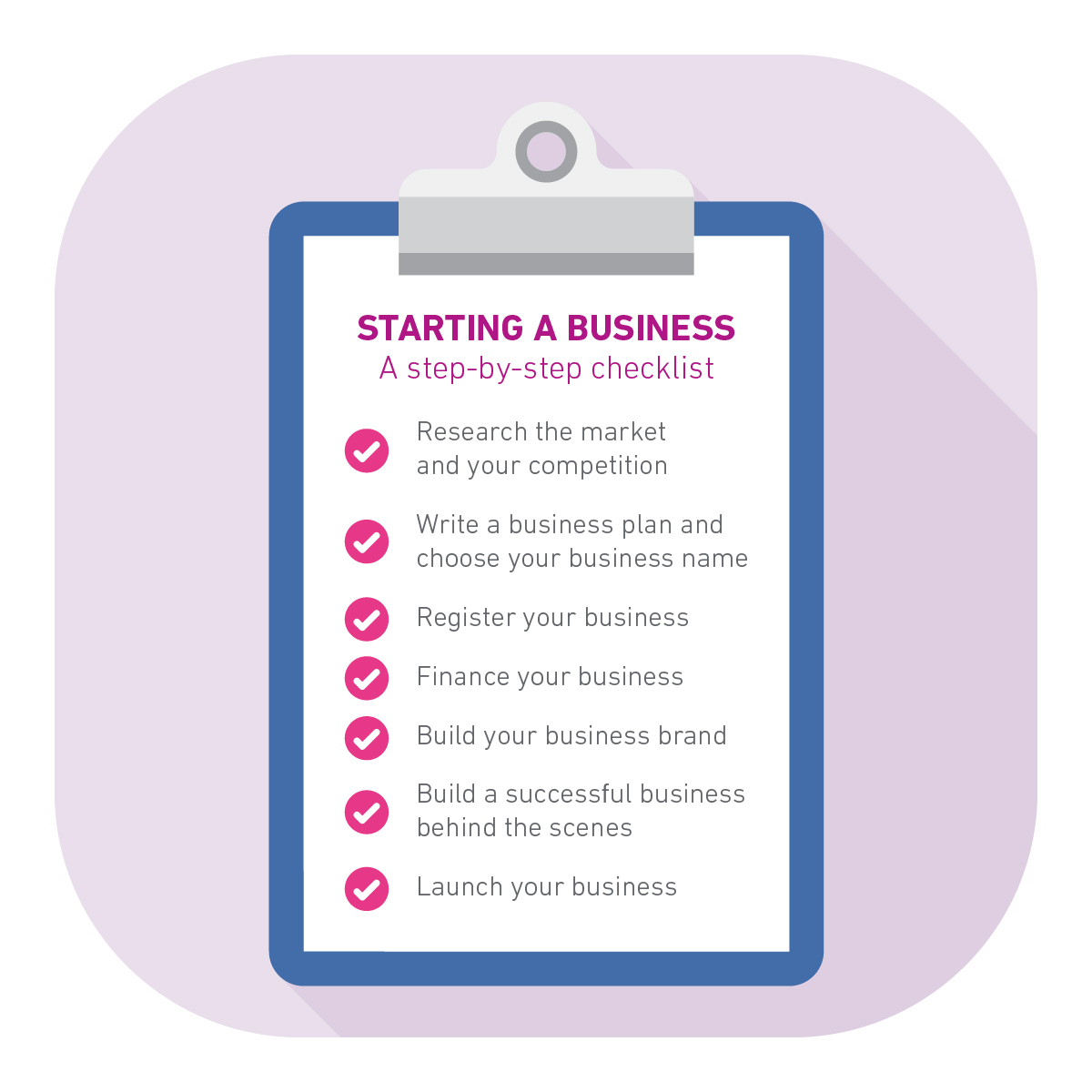What Do I Need To Open My Own Business

Imagine a small, sun-drenched café. The aroma of freshly baked bread hangs in the air, mingling with the rich scent of espresso. Customers chat and laugh, bathed in the warm glow of morning light. You, the owner, watch it all unfold, a quiet sense of pride swelling in your chest – a dream realized.
Turning that dream into reality requires more than just passion. It demands careful planning, strategic execution, and a healthy dose of perseverance. This guide explores the essential steps and considerations for launching your own successful business, from initial concept to grand opening and beyond.
The Blueprint: Planning and Preparation
The foundation of any successful business is a solid business plan. This document serves as your roadmap, outlining your business goals, strategies, market analysis, and financial projections. According to the Small Business Administration (SBA), a well-crafted business plan is crucial for securing funding and staying on track.
Start by defining your value proposition: What problem are you solving? What unique offering do you bring to the table? Conduct thorough market research to understand your target audience, competitors, and industry trends.
Develop a detailed financial plan, including startup costs, revenue projections, and funding sources. Consider your pricing strategy, marketing plan, and operational procedures. Remember, a comprehensive plan will minimize risks and maximize your chances of success.
The Legal Landscape: Structuring Your Business
Choosing the right business structure is a critical decision with significant legal and financial implications. Common options include sole proprietorships, partnerships, limited liability companies (LLCs), and corporations. Each structure offers different levels of liability protection and tax obligations.
A sole proprietorship is the simplest structure, offering ease of setup but exposing your personal assets to business liabilities. An LLC provides a balance between simplicity and protection, shielding your personal assets from business debts and lawsuits.
Corporations offer the strongest liability protection but involve more complex regulations and tax requirements. Consult with a legal professional and tax advisor to determine the best structure for your specific needs.
The Funding Frontier: Securing Capital
Access to capital is often a major hurdle for aspiring entrepreneurs. Startup costs can range from a few thousand dollars for a home-based business to hundreds of thousands for a brick-and-mortar store.
Explore various funding options, including personal savings, loans from banks and credit unions, investors (angel investors or venture capitalists), and government grants. The SBA offers resources and programs to help small businesses secure funding.
"Nearly 80% of entrepreneurs use personal or family savings as their primary source of funding,”according to a recent study by the National Federation of Independent Business (NFIB).
Consider crowdfunding platforms as a way to raise capital and build awareness for your business. Prepare a compelling pitch and demonstrate the potential of your business to attract investors.
The Operational Essentials: Licenses, Permits, and Location
Before you open your doors, ensure you have all the necessary licenses and permits. Requirements vary depending on your industry, location, and business structure. Contact your local and state government agencies to determine the specific permits you need.
Choosing the right location is crucial for many businesses. Consider factors such as foot traffic, accessibility, competition, and zoning regulations. A prime location can significantly boost your visibility and attract customers.
Invest in the necessary equipment and technology to streamline your operations. From point-of-sale systems to accounting software, the right tools can improve efficiency and productivity.
The Marketing Momentum: Building Your Brand
In today's digital age, a strong online presence is essential for attracting customers. Create a professional website, establish social media accounts, and develop a marketing strategy to reach your target audience.
Consider search engine optimization (SEO) to improve your website's visibility in search results. Engage with your customers online, respond to inquiries promptly, and build a strong brand reputation. Word-of-mouth marketing remains a powerful tool, so focus on providing excellent customer service.
Continuous Learning and Adaptation
Starting a business is a continuous learning process. Stay informed about industry trends, adapt to changing market conditions, and seek feedback from your customers. Join industry associations, attend workshops, and network with other entrepreneurs. The entrepreneurial journey is not always easy, but with careful planning, dedication, and a willingness to adapt, you can achieve your dreams of owning a successful business.
The rewards of entrepreneurship extend beyond financial gains. They encompass the satisfaction of building something from the ground up, the freedom to pursue your passions, and the opportunity to make a positive impact on your community. With preparation and dedication, you can create something truly special.





![What Do I Need To Open My Own Business How to Start a Business: A Startup Guide for Entrepreneurs [Template]](https://blog.hubspot.com/hs-fs/hubfs/tips-for-starting-a-business.png?width=1125&name=tips-for-starting-a-business.png)







![What Do I Need To Open My Own Business 10 Tips for Starting your Own Business [ Must Watch ] - YouTube](https://i.ytimg.com/vi/wxyGeUkPYFM/maxresdefault.jpg)



